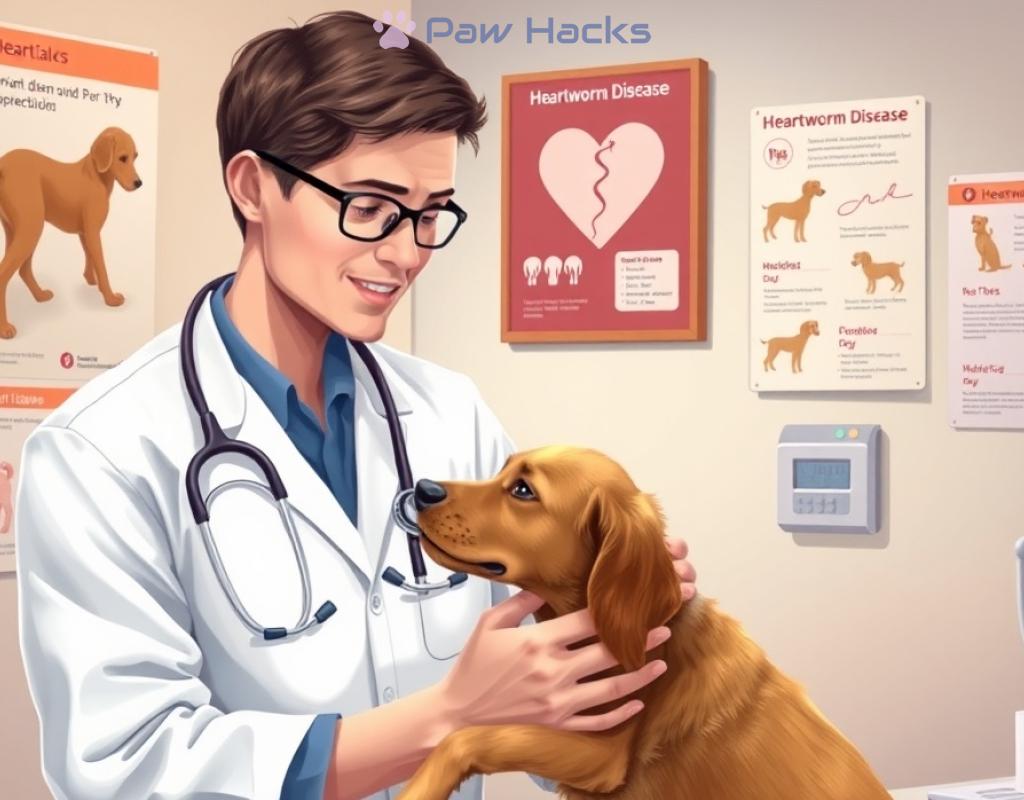Adopting Pets with Chronic Illnesses
Understanding Chronic Illness in Pets

When we think of adopting a pet, our minds often picture a playful puppy or a cuddly kitten. However, there is a world of animals in need that extends beyond the typical healthy companions. Pets with chronic illnesses may not fit the conventional image of a perfect pet, but they have a wealth of love to offer. Understanding what chronic illness means for pets can open our hearts to these extraordinary beings.
Chronic illnesses in pets can range from diabetes and arthritis to heart disease and autoimmune disorders. These conditions require ongoing care but do not diminish the joy and companionship that pets bring into our lives. For many of these animals, a loving home is the key to a better quality of life.
Embracing the Challenge: The Benefits of Adopting a Special Needs Pet
Adopting a pet with a chronic illness can seem daunting. However, the rewards are immeasurable. Here are some of the inspiring benefits many find when they choose to adopt a pet in need:
- Unconditional Love: Pets with chronic illnesses often have a profound appreciation for the care and love they receive, leading to deep emotional bonds.
- Awareness and Advocacy: By adopting a pet with special needs, you help raise awareness about the importance of caring for these animals, inspiring others to consider adoption.
- Personal Growth: Caring for a pet with unique needs fosters compassion, patience, and resilience in their owners, as they learn to navigate challenges together.
- Community Support: Many organizations and communities rally around owners of pets with chronic illnesses, providing resources and connections with others who share similar experiences.
Finding Your Perfect Match: Tips for Adoption
As you embark on this inspiring journey of adopting a pet with chronic illnesses, it’s essential to consider a few key factors to ensure a smooth transition for both you and your new friend. Here are some helpful tips:
- Research: Understand the specific needs of the chronic illness your potential pet has. Each condition requires different forms of care and attention.
- Consult with Professionals: Speak with veterinarians and shelters to gain insights into the pet’s medical history and ongoing care requirements.
- Prepare Your Home: Make any necessary adjustments to your living space to accommodate your new pet’s needs, ensuring a safe and comfortable environment.
- Be Patient: Allow your new pet time to adjust to their new home. Patience is key in building trust and a loving relationship.
Share this content:



